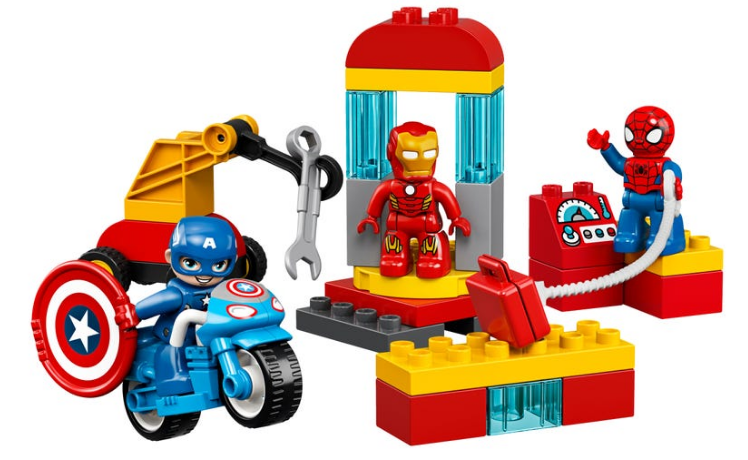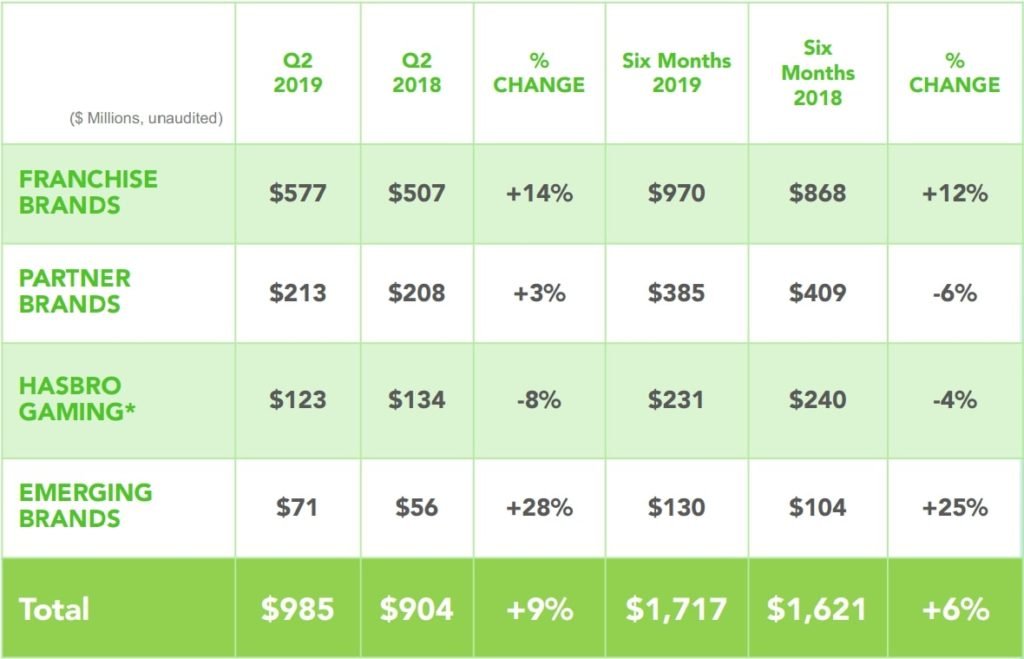This time it's about @LEGO_Group, and it's amazing: europeanstraits.substack.com/p/11-notes-on-…
A few take-aways + thoughts 👇
But it's also a perfect companion to the company's newest ad, released just yesterday
Making the brick the basic unit of its system was the company's real turning point in its early days, and its salvation when business went astray in the 90's.
1. over time => durable, transgenerational toys
2. across kits => the ability to mix-and-match fosters creativity, and repeat purchases
3. across aesthetics => collaborative play
Playing Lego is about freedom and empowerment
This gives them better control over release timing and, most importantly, narratives
"Lego’s strength in the Entrepreneurial Age," Nicolas notes "is an engaged community of networked individuals"
No longer are individuals just creating in the secret of their homes; they're sharing their creations, taking part in challenges, collectively pushing the limits of play
techcrunch.com/2019/02/14/leg…
How does Lego adapt to a digital-first world? Can it do so without hurting The Brick?
I know I'll be diving deeper into his reading list as well!
/end














